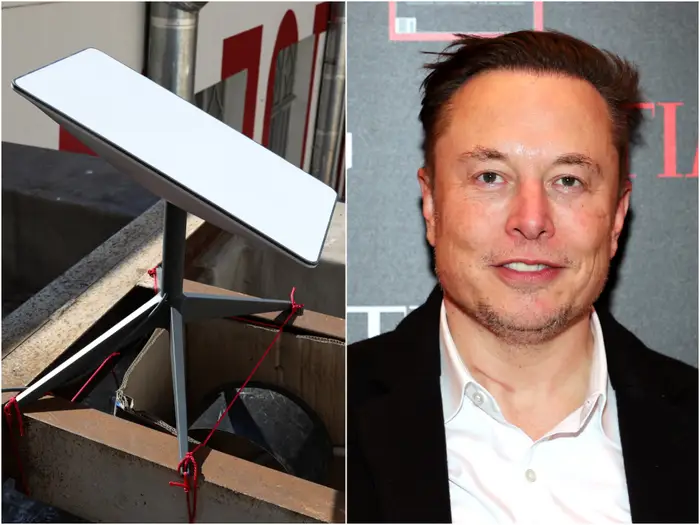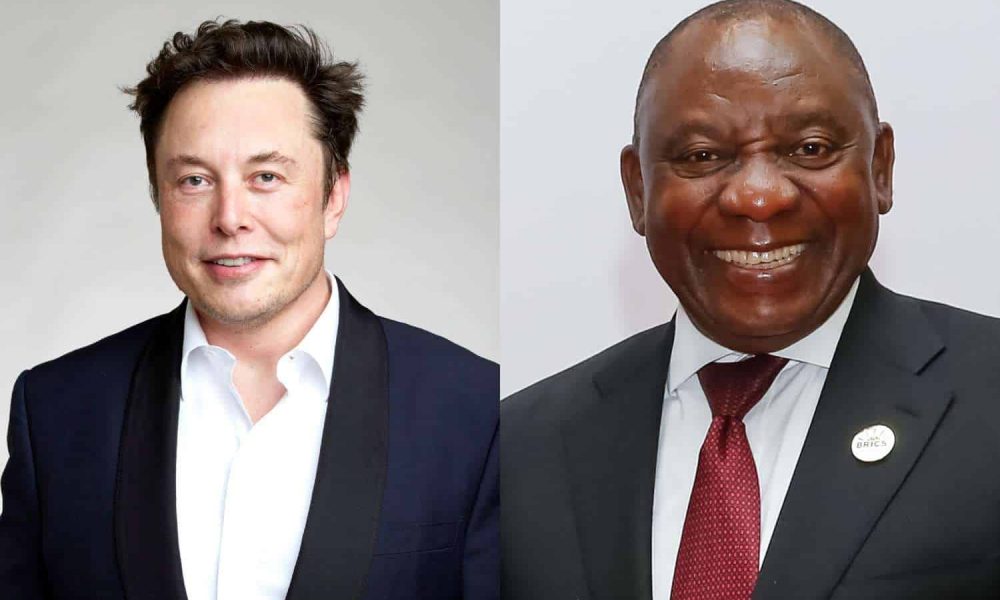
South Africa’s Black ownership requirements for telecom carriers have been publicly questioned by Elon Musk’s SpaceX, which suggests that the nation implement an alternative equity-equivalent scheme for new businesses.
- Elon Musk’s SpaceX has questioned South Africa’s Black ownership requirements for the telecom industry, proposing alternative equity-equivalent schemes.
- SpaceX has suggested investment-based programs that provide regulatory certainty and foster infrastructure investment.
- The South African government is exploring approaches to balance restitution measures with attracting international companies.
SpaceX requested in a letter to the government that regulators should permit investment-based alternatives to the existing requirement that Black South Africans own at least 30% of companies in the ICT industry.
“Equity equivalent investment programs will provide much-needed regulatory certainty and foster investment in infrastructure,” SpaceX said.
“Uniform empowerment regulation will motivate both current and prospective operators to expand their business activities and network reach.”
DON’T MISS THIS: Elon Musk considers launching SpaceX rockets from South African soil
The company contended that these initiatives had to be standardized throughout the telecom sector, allowing foreign corporations to participate in research, digital inclusion, infrastructure, and small business support.
South Africa’s Black Economic Empowerment Framework (BEE)
South Africa’s Black Economic Empowerment Framework (BEE) was implemented at the end of apartheid to address profound structural disparities that prevented the Black majority from the formal economy.
While the system remains a cornerstone of the country’s economic strategy, it has drawn criticism from investors, including Musk, who has previously described the laws as “openly racist.”

In response to industry concerns, South Africa’s Department of Communications and Digital Technologies has directed the Independent Communications Authority of South Africa (ICASA) to investigate alternatives that might increase participation without requiring equitable transfers.
A similar system was previously implemented in the automobile industry in 2019, when carmakers such as BMW, Ford, and Toyota established a transformation fund to benefit historically underprivileged neighborhoods while keeping complete control over their operations.
SpaceX’s participation underlines the balancing act that South Africa must perform: maintain the economic restitution measures meant to repair apartheid’s damage while also luring global firms keen to enter Africa’s largest and most advanced telecom market.
In May, news surfaced that the South African government was considering granting Musk a special exception from the country’s Black ownership regulations, allowing Starlink to operate lawfully within its boundaries.
Obtaining legislative clarification in South Africa might be a critical step for SpaceX, which is expanding its Starlink satellite broadband service throughout Africa.
In June, Starlink was reportedly contemplating a R2 billion ($112.7 million) investment in South Africa as a potential solution to the country’s Black Economic Empowerment (BEE) regulations.
Starlink has disclosed plans to work with local South African enterprises for different infrastructure needs, including land leasing, fiber optics, energy services, security, and continuous maintenance, to satisfy compliance standards.
Starlink is already accessible in 17 African nations, including Namibia, Botswana, and Mozambique, but not in South Africa, the continent’s largest economy.
Source: Bloomberg












